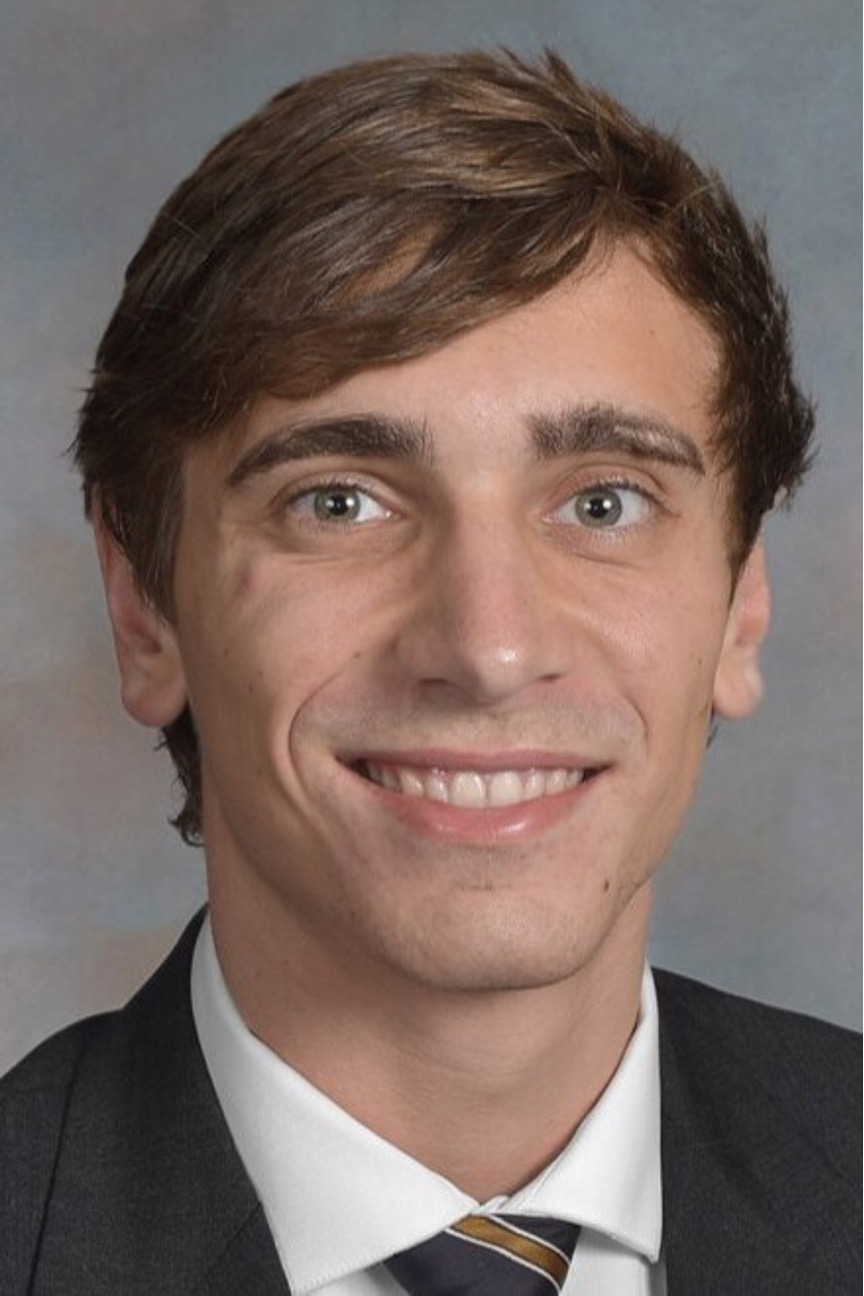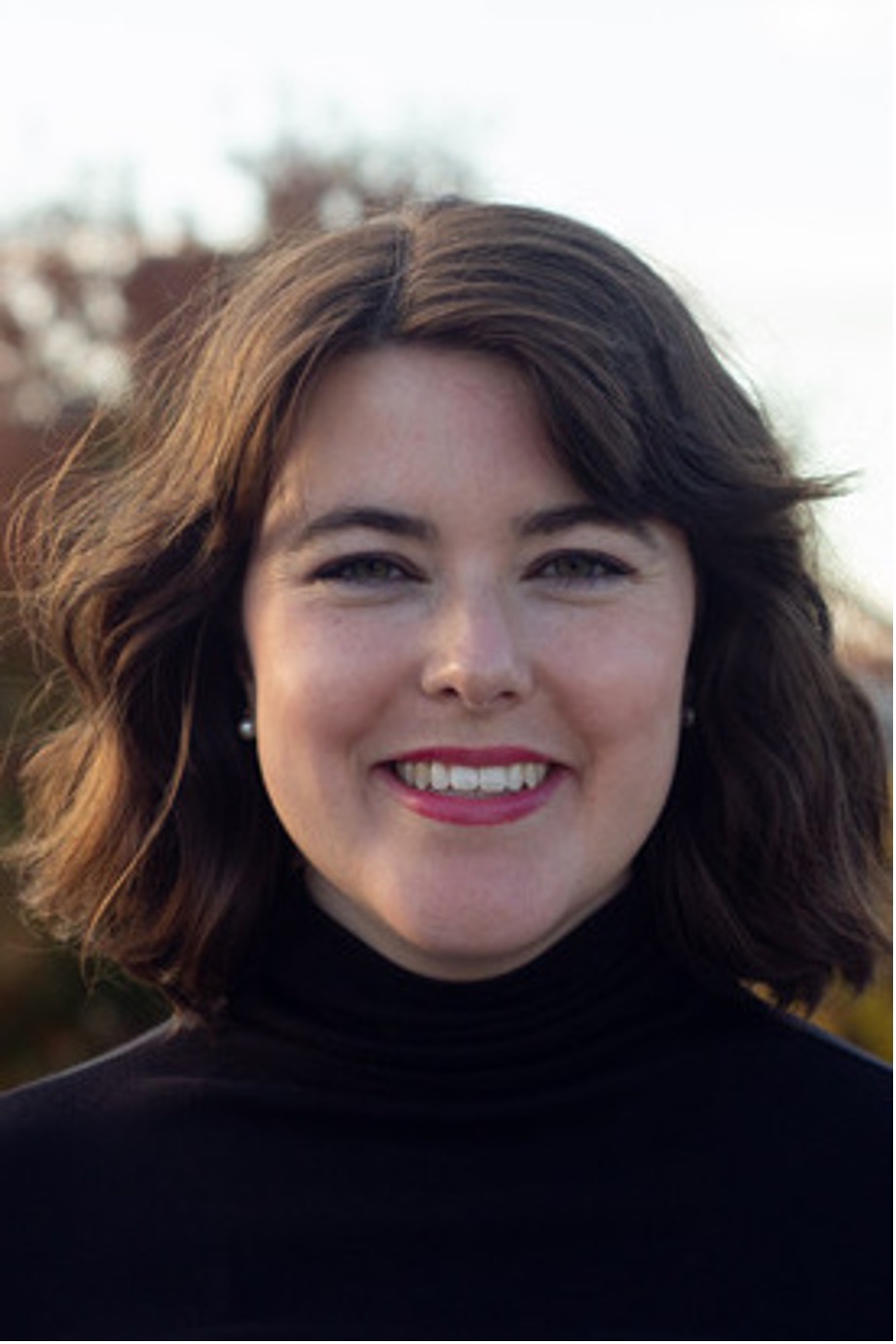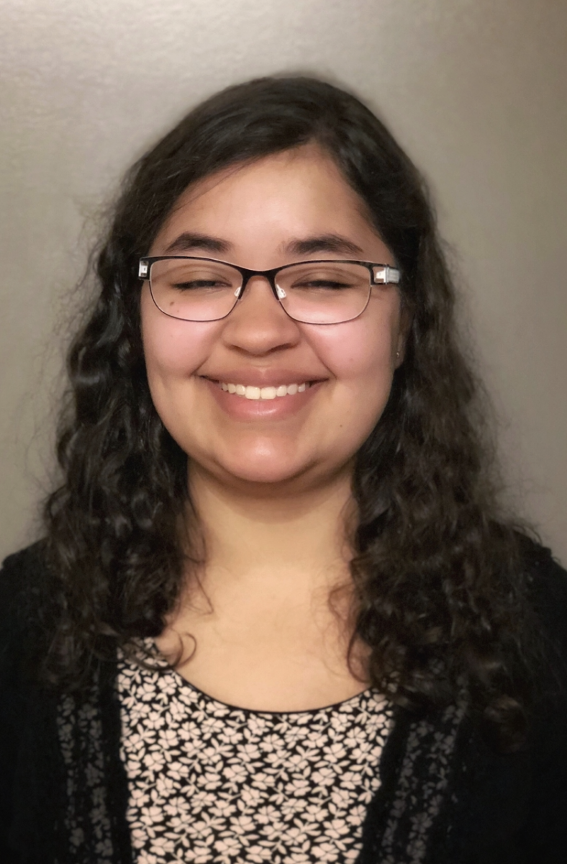By Amy Kim
Six master’s and Ph.D. students in the School of Civil and Environmental Engineering have been awarded this year’s Dwight D. Eisenhower Transportation Fellowships, a prestigious fellowship program under the Federal Highway Administration.
The annual program awards research grants to graduate students pursuing transportation-related degrees. The program’s mission is stated as “helping to attract the nation’s brightest minds to the field of transportation, encouraging future transportation professionals to seek advanced degrees, and helping to retain top talent in the U.S. transportation industry.” This year’s winners are creating innovative solutions to pressing infrastructure and transportation concerns, from crashes on rural roads to public health and safety in transportation agencies.
In addition to research grants, the Eisenhower Fellowship program also funded master’s student Ariel Steele and Ph.D. candidate Rachael Panik’s travels to the Transportation Research Board Annual Meeting in January.
Steele, who is pursuing a master’s degree in civil engineering, says, “Research has been such a cornerstone of my time at Tech, so to receive the Eisenhower Fellowship for my thesis topic and be invited to present at the TRB was such an honor and the perfect way to cap off my experience.”
Meet our winners:
 MANUEL CUADRA
MANUEL CUADRA
Master’s, Civil Engineering
Research:
My research project investigates the integration of Decision Making Under Deep Uncertainty (DMDU) methods into resilience measures in transportation. This is a synthesis of several topics including the best practices of vulnerability identification, uncertainty and risk determination, flexible planning, and long-term asset management. The methodology will grow from a collection of case studies that will be generalized through induction. Simultaneously, deduction from theories of uncertainty planning and resilience planning will serve to validate methods from general to specific. If the inductive and deductive methods are sound in theory and practice they should converge.
ADVISOR: Adjo Amekudzi-Kennedy
 NAKEIA JACKSON
NAKEIA JACKSON
Master’s, Transportation Systems Engineering
Research:
This study will investigate how transportation agencies have been affected by COVID-19 and how they are recovering. The proposed research will contribute potentially useful findings to ongoing work to implement risk and resilience strategies effectively across transportation and other agencies to address uncertainty. This includes how state DOTs have been negatively and positively impacted by COVID-19, how they have recovered and adapted to this disruption and what additional measures they are envisioning to be better prepared to similar or different disruptions in the future. This will also include identification of the costs of the pandemic to these agencies, the gaps they have revealed in existing planning and decision-making processes, and the knowledge that has been discovered across a range of agencies. Part of the research efforts will include working with practitioners in a variety of contexts to develop contextually relevant definitions of resilience. The results of this study will help practitioners and academics to understand how best to prepare for unknown unknowns and other disruptions by managing risk and reducing vulnerabilities.
ADVISOR: Adjo Amekudzi-Kennedy
 RONALD W. KNEZEVICH
RONALD W. KNEZEVICH
Master’s, Transportation Systems Engineering
Research:
My research focuses on enhancing network screening methodologies for rural curve safety. Historically, crash history has been utilized to identify locations for safety improvements, but crashes are rare events, therefore only using crash data can be insufficient to identify locations for safety improvements. In my study I have developed a crash prediction model that can be used alongside crash data to allow engineers to consider both crash history and the roadway environment when implementing safety improvements. Within my developed crash prediction model, ball bank indicator (BBI) is utilized. BBI is a measure of the lateral forces a vehicle undergoes as it traverses the roadway, and BBI is a widely available indicator in Georgia. Previously BBI has never been used in crash prediction models.
ADVISOR: Yichang James Tsai
 RACHAEL T. PANIK
RACHAEL T. PANIK
Ph.D., Transportation Systems Engineering
Research:
Enabling bicycle and pedestrian travel is essential to create sustainable transportation systems. Active transportation must become a safer and more attractive means of making trups, given the public health and environmental benefits of human powered travel. In Georgia, however, human powered travel can be dangerous; bicyclists and pedestrians incur more severe injuries in crash scenarios than people driving, and the existing infrastructure is not designed to prevent crashes from occurring. Such inequitable travel compounds for communities who are already vulnerable.
A challenge of improving non-motorized transportation is quantifying risk adequately for travelers that are not well monitored. My research will more realistically define bicycle and pedestrian risk in a given roadway context to guide investments of better infrastructure. In partnership with the Georgia Department of Transportation, we will develop models that estimate bicycle and pedestrian activity, which GDOT can use to address safety problems in the state.
ADVISOR: Kari Watkins
 REID (TANNER) PASSMORE
REID (TANNER) PASSMORE
Ph.D., Transportation Systems Engineering
Research:
I visualize and analyze bicycle networks using street network data and cycling data. In my current project, I’m modeling bike plus transit journeys where people bike to public transit stations to take a bus or train to their final destination. Once modeled, I will optimize the location of potential bicycle lanes to make these types of trips more desirable (so more people do them). My ultimate research goal is to provide a tool to cities for bicycle infrastructure prioritization, so cities can more effectively encourage people to bike instead of drive.
ADVISOR: Kari Watkins
 ARIEL N. STEELE
ARIEL N. STEELE
Master's, Civil Engineering
Research:
My project is about ensuring the quality of pavement condition data which transportation agencies use to make maintenance decisions about road assets worth billions of dollars. Today, there are advanced 3D laser systems which can automatically collect high resolution pavement distress data. However, although these systems have become mainstream and used by a majority of transportation agencies, there are many signs of data quality issues and very little research about what causes these problems. Thus, my research aims to quantify the inherent variability of pavement distress detection by 3D laser devices and to identify the factors that affect it. The results will help agencies better interpret their pavement data and ensure more reliable results.
ADVISOR: Yichang James Tsai
